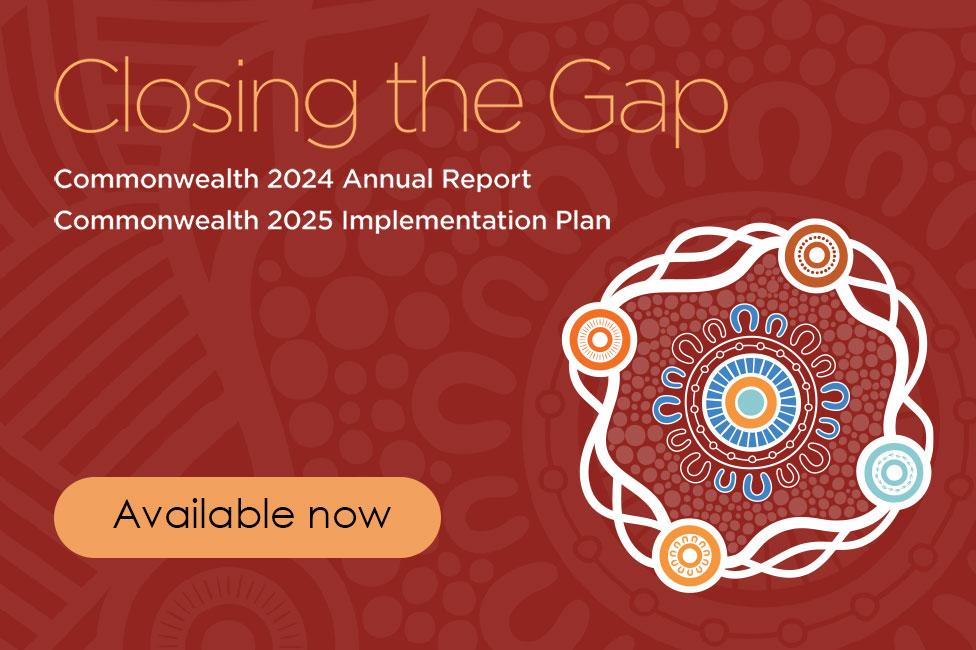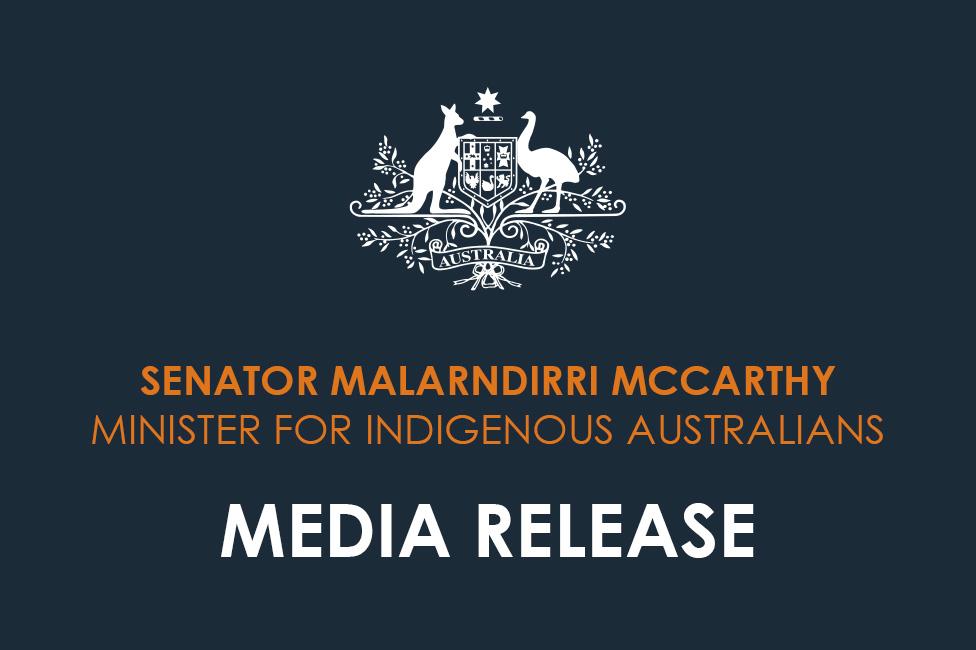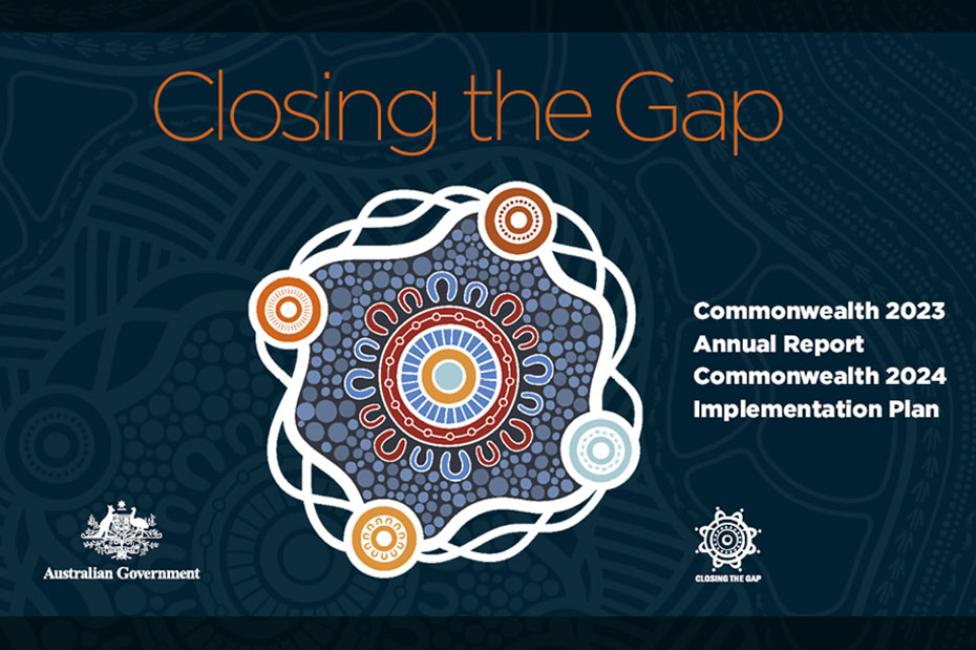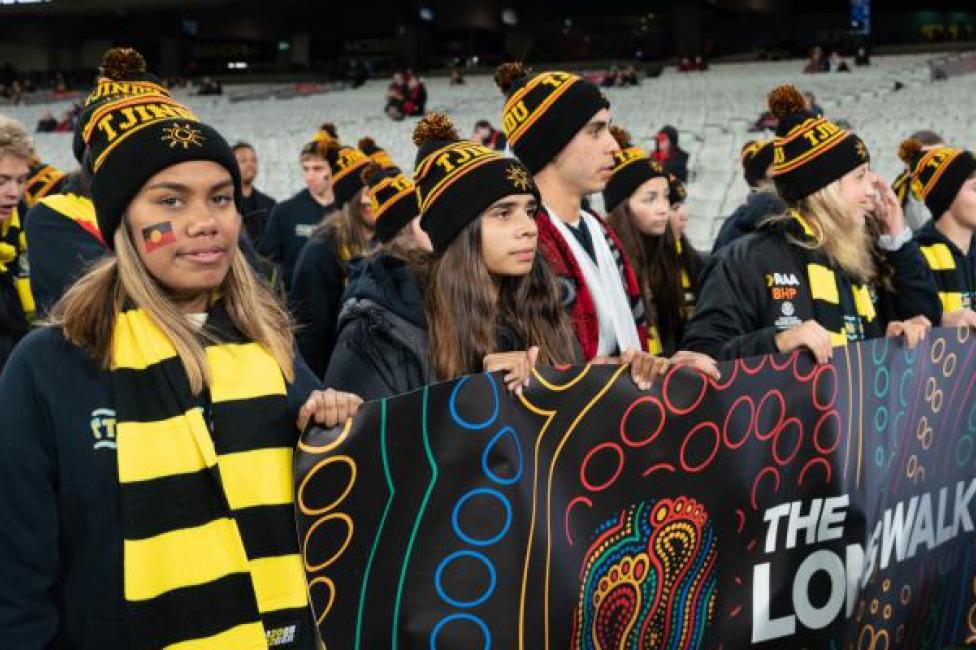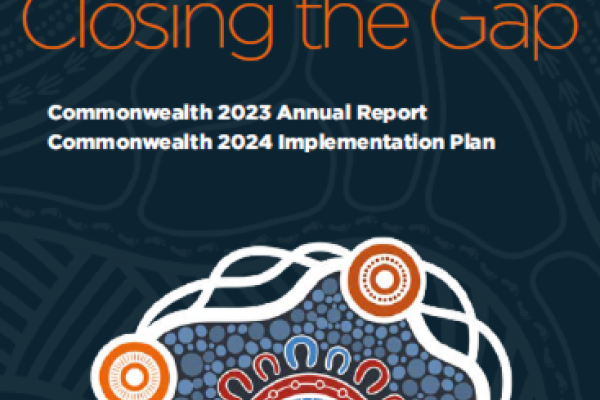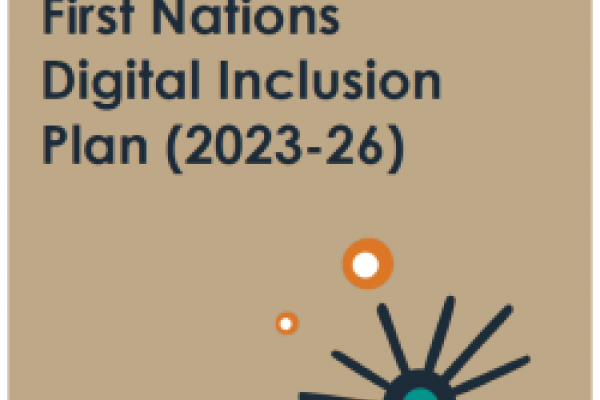National Agreement on Closing the Gap
The National Agreement on Closing the Gap (the National Agreement) was developed in genuine partnership between Australian Governments and Aboriginal and Torres Strait Islander peak organisations (represented by the Coalition of Peaks).
The National Agreement sets out Closing the Gap Priority Reforms and ambitious targets that are changing the way governments work to improve life outcomes experienced by Indigenous Australians.
The Government is committed to working in partnership with Indigenous Australians, recognising that the only way to close the gap is when Indigenous Australians own, commit to and drive the outcomes sought, alongside all governments.
The National Agreement provides for shared accountability and the ability to demonstrate progress more than before.
For the first time, the Commonwealth, states and territories, local government and the Coalition of Peaks are jointly accountable for the outcomes and targets under the National Agreement.
The Joint Council on Closing the Gap has an ongoing role in monitoring progress by all Parties in delivering on the commitments in the National Agreement.
Implementing the National Agreement
The National Agreement commits all Parties to action. Its success depends on all Parties committing the right resources and efforts to deliver on these actions in practice.
All Parties to the National Agreement have developed individual Implementation Plans and report annually on their progress on the actions in their plans.
Implementation Plans set out how policies and programs are aligned to the National Agreement and what actions will be taken to achieve the Priority Reforms and socio-economic outcomes. They also include information on funding and timeframes for actions.
Commonwealth Closing the Gap 2024 Annual Report and 2025 Implementation Plan
The Prime Minister delivered the Commonwealth Closing the Gap 2024 Annual Report and 2025 Implementation Plan on 10 February 2025.
The Report highlights the Commonwealth’s delivery over the last year and is also forward looking, outlining the Commonwealth’s priorities over the next 12 months to contribute to achieving the goals of the National Agreement on Closing the Gap.
The 2024 Annual Report and 2025 Implementation Plan is supported by the 2024 Implementation Plan actions status table and 2025 Implementation Plan actions table, which outline progress and commitments.
The Report includes spotlights on outstanding programs, services and initiatives. Read more about each spotlight.
| Spotlight | Description |
|---|---|
| Personal Acknowledgements for Stolen Generations survivors | Personal Acknowledgements under the Territories Stolen Generations Redress Scheme are transforming senior government officials’ commitment to achieve outcomes for First Nations people and communities. |
| Framework for Governance of Indigenous Data (GID): a stepping stone to Indigenous Data Sovereignty | The Framework for Governance of Indigenous Data demonstrates how governments can partner with non-government partners on data. |
| The South-East Queensland ‘Birthing in Our Community’ project | The Birthing in Our Community program offers culturally safe maternal care to over 750 First Nations families in South-East Queensland each year. Babies born within the program are thriving and mothers are supported and connected. |
| Connected Beginnings - Kids growing up strong and connected to culture in Ceduna | The Connected Beginnings project supports Aboriginal and Torres Strait Islander children and families to support children’s school readiness. |
| Arnhem Land Progress Aboriginal Corporation (ALPA) Regional Study Hub | Christine Dhurrkay (Banadijan is her Yolngu name) comes from the Wangurri Clan in Dhalinbuy, East Arnhem and works for ALPA Higher Education – Nhulunby as a Yolngu Education Mentor. |
| Wuyagiba Regional Study Hub | The Wuyagiba Study Hub is a 2-way learning program, that means learning and exchange of non-Aboriginal and Aboriginal knowledge. The study hub is located between two Arnhem Land Aboriginal communities, Ngukurr and Numbulwar. |
| Junior Rangers and the Jabalbina Yalanji Aboriginal Corporation | At Mossman Botanical Gardens and Mossman State High School, year 9 and 10 students’ learning includes on-Country activities about conservation and ecosystems management, including water quality testing, tree planting and native plants and animals. |
| Remote Jobs Trial - Elevating First Nations voices | Jaru woman, Nathalia Rose Imberlong enjoys every moment working as a broadcaster and administration clerk at the Waringarri Media Aboriginal Corporation. The New Jobs Program Trial is one of 3 remote jobs trials underway that have helped inform the design of the Remote Jobs and Economic Development (RJED) program. |
| Nyoongar Outreach Services – A community-led approach to justice diversion and empowerment | The Nyoongar Outreach Services is a community-led initiative for young First Nations people, to support them to increase their engagement with education and employment. |
| National Commissioner for Aboriginal and Torres Strait Islander Children and Young People | Lil Gordon was appointed as the Acting National Commissioner for Aboriginal and Torres Strait Islander Children and Young People, as of 13 January 2025. |
| First Nations People Living with Disability | The First Peoples Disability Network (FPDN) is working to create a more inclusive disability sector. |
| Tjuwanpa Women Rangers taking care of Country | The Tjuwanpa Women Rangers are a group of Western Arrarnta women who look after country across 5 Aboriginal Lands. Their work includes burning, threatened species management, controlling invasive cat populations, monitoring native flora, and looking after rock holes. |
| Healthy Teeth in Aṉangu Pitjantjatjara Yankunytjatjara (APY) Lands | The Closing the Gap through Oral Hygiene and Language in Remote Australia Project teaches dental health practices in language to tackle inequities in dental health outcomes for First Nations people while strengthening languages. |
| New Coober Pedy Dialysis Clinic Means Patients are Home for Christmas | As part of the Better Renal Services for First Nations People Budget, a new 4-chair dialysis unit opened in Coober Pedy in 2024. |
Commonwealth Partnership Stocktake
The annual Commonwealth partnership stocktake provides a key indicator of the Commonwealth’s progress on embedding Priority Reform One (formal partnerships and shared decision-making) under the National Agreement on Closing the Gap (National Agreement).
2024 Commonwealth Partnership Stocktake
Partnerships identified through this stocktake are across a number of critical areas including remote food security, jobs and employment, justice, early childhood care and development, and social and emotional wellbeing.
In 2024, the partnership stocktake was strengthened to include increased First Nations partner involvement. Unless otherwise indicated, all submissions have been jointly agreed by both the Commonwealth Government partner and the First Nations partner.
NIAA received information on over 108 self-reported arrangements to inform the 2024 Commonwealth partnership stocktake. Partnerships where the ‘voices of Aboriginal and Torres Strait Islander parties hold as much weight as government’ (Clause 32C(i) of the National Agreement) have been included in the 2024 report. The 2024 partnership stocktake affirms the commitment of the Commonwealth Government to embed Priority Reform One, with an increase in maturity and breadth of shared decision-making approaches. Further, government and First Nations parties to 8 partnerships came to joint agreement that their partnership met all strong partnership elements.
A number of submissions were determined to fall outside of the scope of formal partnerships under Priority Reform One of the National Agreement and the scope of the 2024 partnership stocktake. This included some advisory bodies, commercial contracts and some grant arrangements.
Related Websites
For more information about the National Agreement on Closing the Gap, Priority Reforms and Targets or for general information visit www.closingthegap.gov.au.
For more information on the Productivity Commission, including its three-yearly Review of the National Agreement on Closing the Gap, and the Closing the Gap data dashboard, visit www.pc.gov.au.
Read more about accountability and monitoring.
